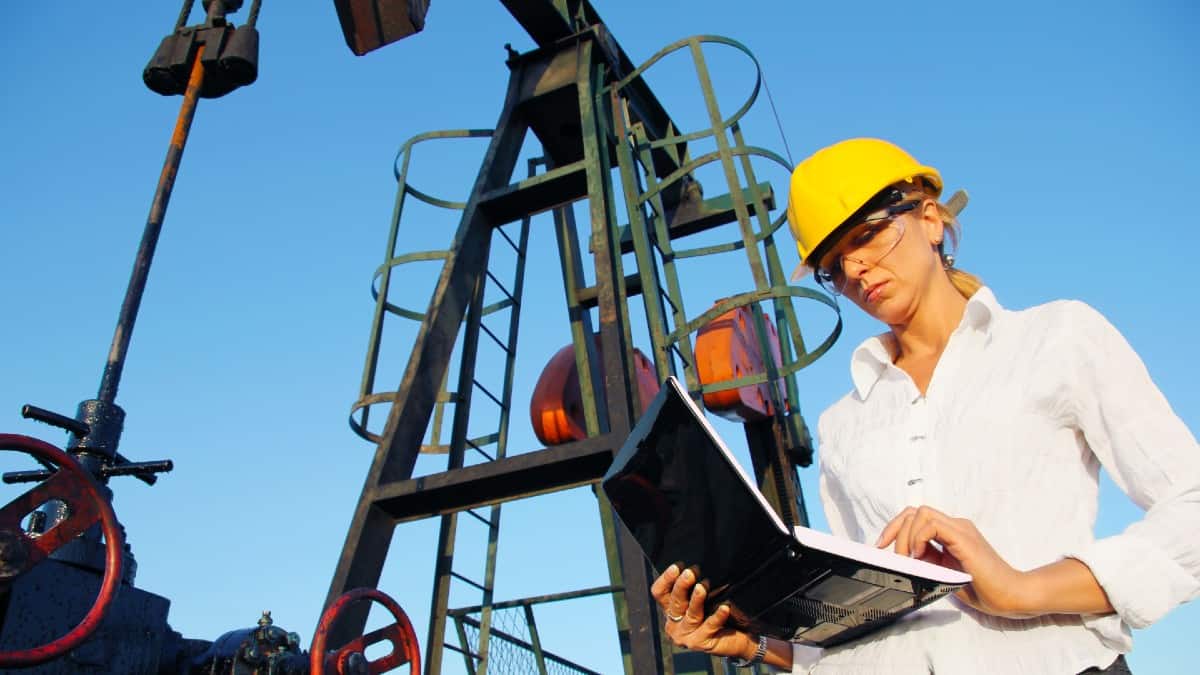The BP (LSE: BP) share price has lost 15% of its value since its February 10 high this year. Much of this followed its Q3 net income missing consensus analysts’ expectations, but I think the negative reaction was overdone.
The fact remains that Q3’s $3.3bn in net income compares well to the $2.6bn made in Q2. It compares less well to the $8.15bn made in Q3 last year. But Q3 back then followed a huge oil and gas price surge after Russia’s invasion of Ukraine.
There are still risks in the stock, of course, with one being a sustained slump in global commodities prices. Another, I feel, is that anti-oil protests might prompt it to expedite its energy transition, causing failures in energy delivery networks.
However, I am seriously considering adding to my holding in BP for three key reasons.
Optimal business positioning
BP has positioned itself well to deal with the transition from fossil fuels to greener alternatives, in my view.
First, the outlook for the global oil and gas market remains broadly bullish, I think. November 5 saw Saudi Arabia extend its rolling 1m barrels per day (bpd) oil production cut to the end of this year. Russia said it would do the same for its 300,000-bpd cut. Such cuts are broadly supportive of oil and gas price rises.
Second, it remains committed to cutting its emissions to net zero by 2050. This looks ahead of the curve to me. The International Energy Agency recently said that government pledges fall well short of achieving greenhouse gas net zero by 2050.
Undervalued to peers
The fact that BP shares have lost 15% of their value this calendar year does not necessarily mean they are undervalued. It could just be that the company is worth less than it was before.
To ascertain which it is, I started by comparing its price-to-earnings ratio (P/E) with those of its peers. BP’s is just 3.9 – the lowest of its peer group. Equinor’s is 5.7, Shell’s is 7.4, China Petroleum & Chemical’s is 7.5, and TotalEnergies’ is 8.3.
Therefore, compared to the peer group average of 7.2, BP is significantly undervalued.
It is also undervalued on the price-to-sales ratio (P/S). It trades at a P/S of 0.4, while Shell is at 0.6, TotalEnergies at 0.7, and Equinor at 0.9. Factoring in the outlier of the group — China Petroleum & Chemical at 0.1 – the peer group average is 0.6.
So BP is undervalued to its peer group on this measurement as well.
Boosting shareholder rewards
In 2022, the company’s total dividend was 24 cents per share. Based on the current exchange rate and share price of £4.82, this gives a yield of 4%. This is only marginally above the current average FTSE 100 yield of 3.9%, so is not that attractive to me.
Interestingly, though, the Q1, Q2, and Q3 dividend payments were 21% higher than the same payments last year. If that occurred with 2023’s total dividend, based on the current share price, the yield would be a healthier 4.9%.
Additionally positive is that BP committed to using 60% of 2023 surplus cash flow for share buybacks. These are generally supportive of a company’s share price. And it has earmarked a further $1.5bn of these before releasing its Q4 results.







